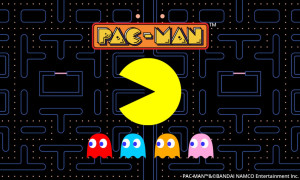Here you will learn the very most basic HTML tags that are required when creating a web document.
There are actually eight required HtML tags you must use when creating your webpages. These required tags will appear on each and every page of your website.
These eight required tags are as follows, and will appear on your page in this exact order:
Don't panic. I'm going to explain what each of these eight basic HTML tags does, and how to use them.
An important note before we go on...The tags must appear on your page as you see them here. This includes the symbols that enclose the tag. These symbols let your browser know that it is indeed a tag. HTML is case insensitive. This means that you can either type your tags in all caps, or all in lower case...it doesn't matter. does the same thing that does.
Now, on to what these tags actually do, and why they are necessary.
The Tag ~ This tag simply tells the web browser that the document it is loading is an HTML document. It tells the browser how to read the document.
~ This tag is another post it note for the web browser. It contains information about the document, such as links to pages that could be preloaded.
~ The Title tag is important. If you look at the very top of the window of your web browser when you visit a webpage, you will notice that it usually has the title of the page up there. Visit The Home Business Files for example, and you will actually see "The Home Business Files" in the top bar of the window.
~ This is the closing tag for the title tag. This tells the web browser that this is the end of that tag...the end of your title. Many tags must be closed like this.
~ This is the closing tag for the head tag.
~ This is the opening tag for the body of your HTML document. Your text and graphics....the information you wish to convey to the world will go between the body tags.
~ This is the closing tag for the body tag. This tells the web browser that you don't have any more information to place on that particular page.
~ This is the closing tag for the HTML tag. It tells the web browser that it has reached the end of that document...that there is nothing else to load or read.
Believe it or not, you now have all the information required to create a very very basic, text webpage.
Don't believe me? Try it out. Type the following into your text editor or HTML editor, and upload it to your site using your FTP client.
My Page This is a test page. I didn't believe I knew
enough to create a webpage...I thought designing
web pages and learning HTML was really difficult. Now I know that I can do it, and it
isn't so difficult after all! See? It wasn't so hard after all. Just remember these eight basic HTML tags required on every page. They must go on every single one of your web pages!
Also Read our: HTML 5 MCQ Interview Questions






